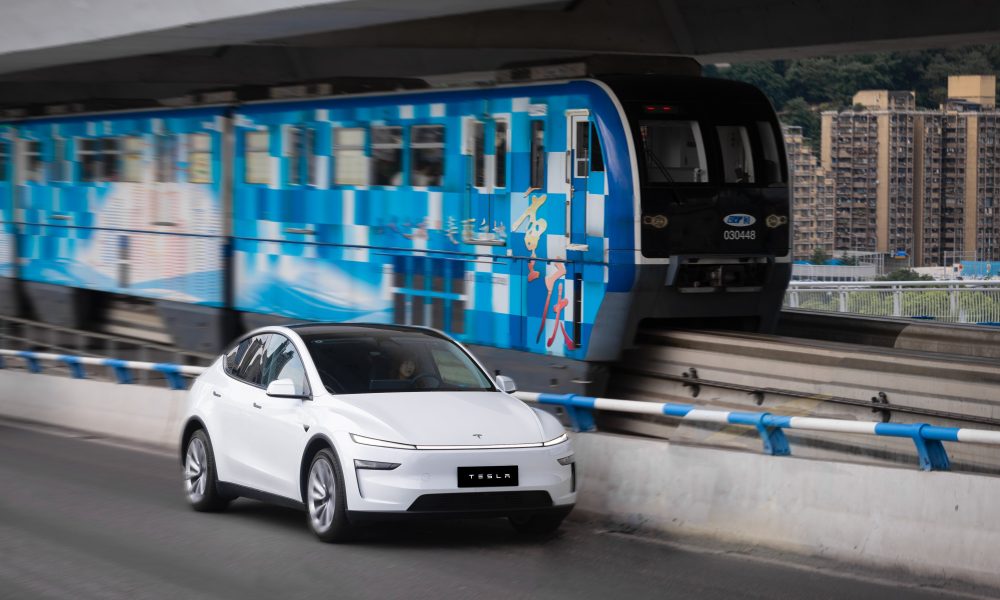xAI’s supercomputer in Memphis faces pushback from local leaders and environmental groups over concerns about air pollution despite its promise of economic growth.
xAI’s Memphis facility was touted as the world’s largest supercomputer. It has sparked opposition from the NAACP, Sierra Club, and Mississippi Democratic Party Chairman Cheikh Taylor.
State Rep. Taylor spoke at a Southaven church press conference recently, arguing that the xAI facility in Memphis, Tennessee, would disproportionately harm black residents in north Mississippi.
“In the State of Mississippi, the goal is to separate Republicans and Democrats on race alone. So, if you’re a Democrat in this state, you probably look like me,” Taylor said.
He also criticized prioritizing economic gains over environmental health, asking, “Can you trust Elon Musk to tell the truth?”
Tennessee State Rep. Justin J. Pearson echoed these concerns, linking the opposition to a broader fight against pollution. “The paltry money xAI has dangled in front of our short-sighted leaders is not worth the cost of breathing dirty and–in some cases–deadly air,” Pearson said.
These local leaders and environmental groups are urging local governments and the Environmental Protection Agency to deny xAI’s air permit applications for 45 to 90 methane gas turbines in the Memphis and Southaven areas.
xAI has not directly addressed the criticism but has taken steps to power its Colossus supercomputer sustainably. Last month, the Greater Memphis Chamber announced that Tesla Megapack batteries would stabilize the facility’s power, with a new 150-megawatt electric substation completing its first construction phase.
“The temporary natural gas turbines that were being used to power the Phase I GPUs prior to grid connection are now being demobilized and will be removed from the site over the next two months,” shared the Chamber.
An additional 160+ Megapacks were delivered to xAI’s Memphis facility for the Colossus 2 data center within the same month.
Announced in June 2024, the xAI facility was hailed by Greater Memphis Chamber CEO Ted Townsend as the largest capital investment by a new-to-market company in Memphis history. Despite its economic promise, environmental concerns continue to fuel opposition, highlighting tensions between technological innovation and community health in the Deep South’s emerging AI hub.

